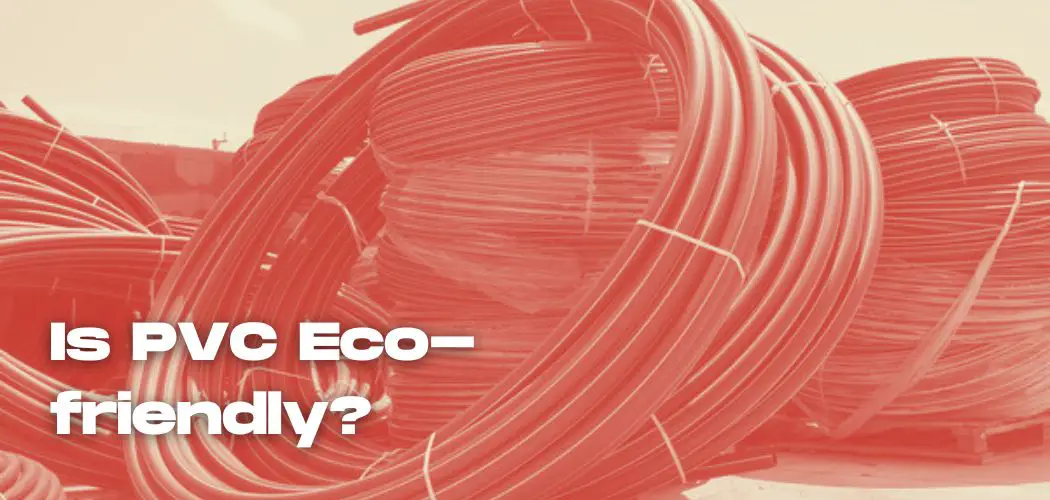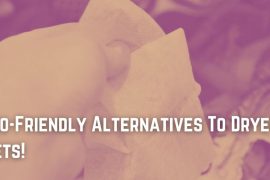We breathe, live, and eat on Earth. This means that the healthier our planet, the healthier our bodies are. And the more contaminated mother Earth becomes, the more it will translate into untreatable problems for us as well.
While every sane mind is now deliberating and talking about eco-consciousness and duties towards the planet, are we really doing anything worthwhile towards the cause?
Our living environments seem to disagree. With plastic being the major contributor to land and water pollution, is the question related to the eco-friendliness of everyday plastics even worth asking?
One such plastic, PVC, is also NOT eco-friendly. Despite this, it remains one of the most used plastic types.
Let’s First Ask: What is PVC?
PVC, abbreviated as Poly Vinyl Chloride, is one of the first plastics to be discovered. Due to its large number of uses and low price, it quickly became popular.
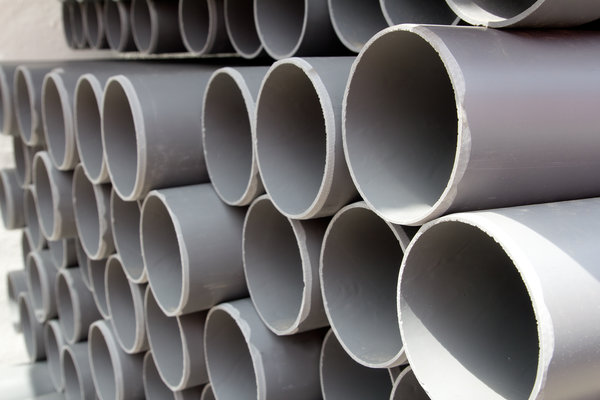
Little did the early developers know about the long-term repercussions of PVC and the heavy price associated with its uses.
From credit cards to your mobile phone to your electronic appliances, and from windows frames to kids’ toys to pipes, PVC can be found everywhere now.
Why is PVC Harmful to the Environment?
PVC requires the addition of certain additives to get different properties. These additives include plasticizers (chemicals that make PVC flexible), stabilizers (chemicals that keep PVC stable), and other toxins.
The production, use, and disposal of PVC involve the release of a combination of these chemicals with chlorine.
Chlorine-based chemicals are toxic and are really harmful to the environment as they cause habitat and food chain pollution. These chemicals settle in the earth’s atmosphere and cause global warming.
Moreover, these chemicals are resistant to biodegradation, which means that they take hundreds of years for complete chemical breakdown.
Not only this, but recycling PVC also does not solve the problem. Among all the plastics in use across the globe, PVC is the least recyclable of all.
And even if recycling measures are taken, they cost lots of money due to the presence of previously mentioned chemicals in PVC’s composition that are difficult to recycle.
How Does PVC Contribute to Environmental Racism?
Environmental racism means discrimination in environmental policymaking which disproportionately affects communities.
In the case of PVC, we clearly observe environmental racism.
In most cases, the countries that have the lowest number of PVC production plants suffer the most from the environmental implications brought about by its use.
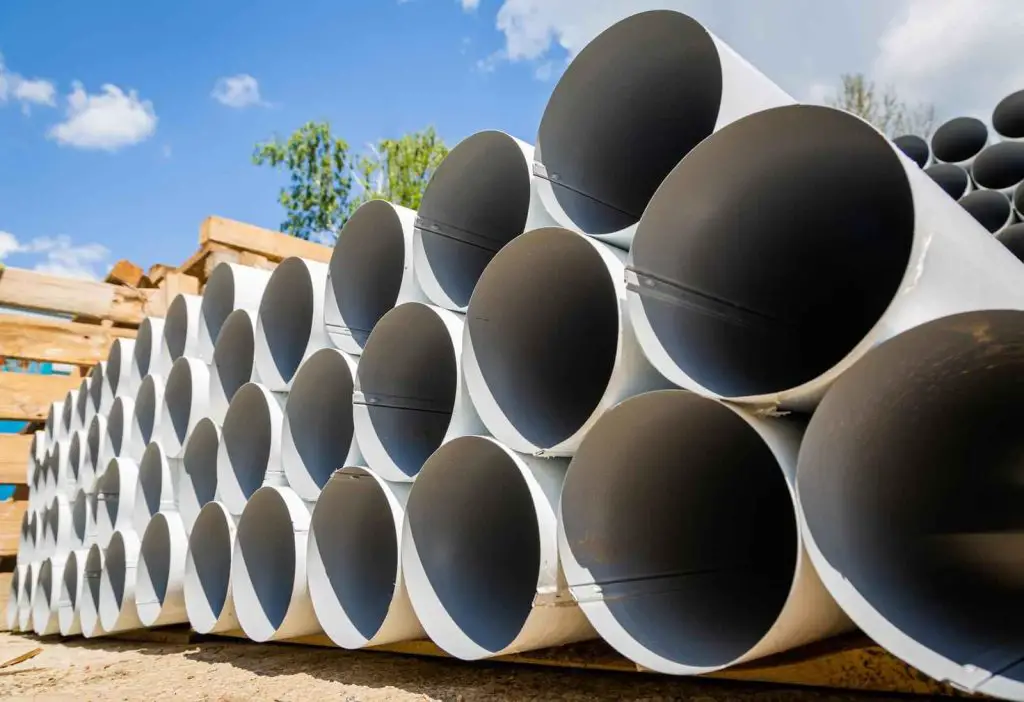
Moreover, PVC production facilities are generally established in poverty-ridden communities. The release of toxins in return further aggravates the difficulty of their lives.
Additionally, there also have been instances when entire communities have been wiped out due to PVC-related contamination in water and food sources.
In these ways, PVC continues to cause environmental racism across the globe.
Talking Solutions: Alternatives to PVC
We all have heard that every problem has a solution. But we must also realize that solutions need to be worked out and implemented before catastrophe strikes.
With an impending environmental disaster on our heads, there is still hope for environmental preservation because sustainable and viable alternatives to PVC do exist.
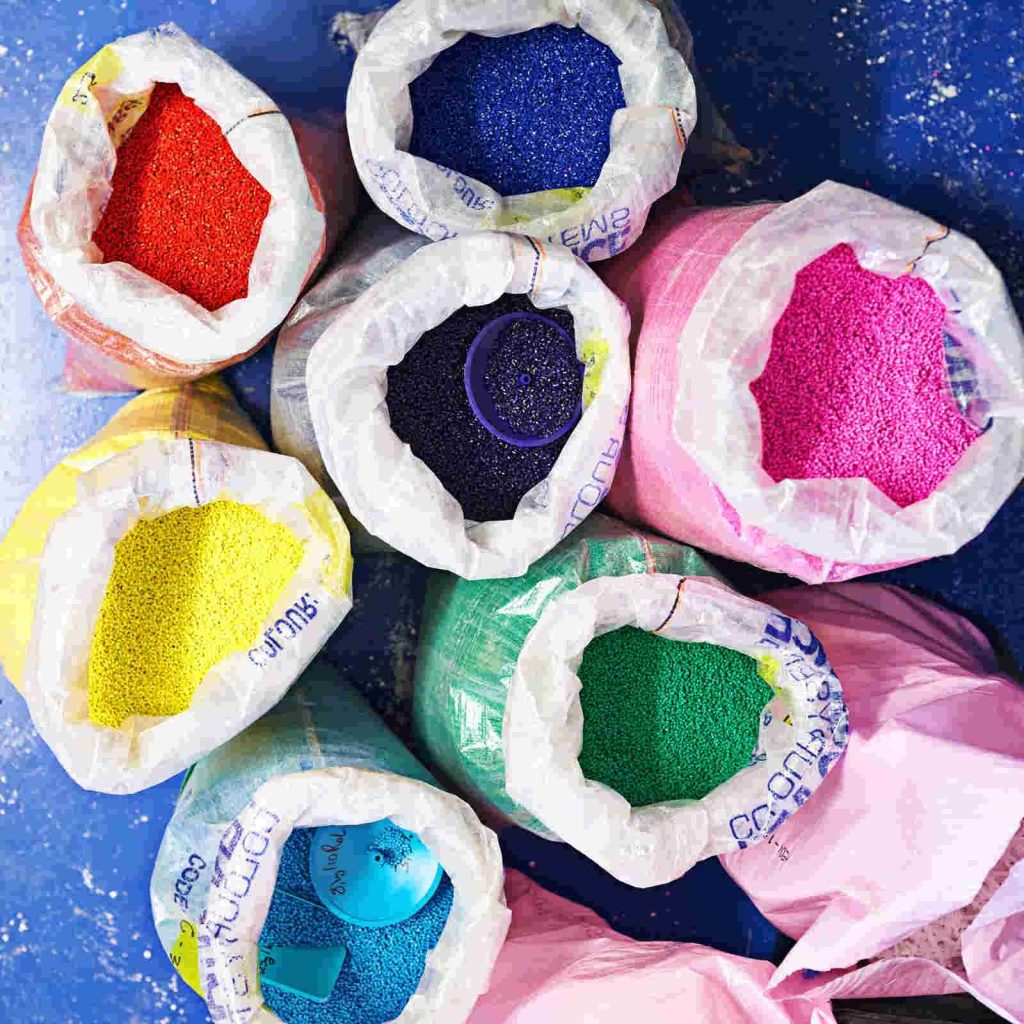
Materials such as clay, glass, ceramics, and linoleum (linseed oil-based material) are the traditional substitutes for PVC.
But in those cases where these cannot be used, milk-protein-based plastic, pulp-based plastic, starch-based plastic, among other environment-friendly PVC alternatives, are available for industrial and general uses.
FAQs
- How long does PVC plastic take to decompose?
PVC plastic has various shapes and forms. A PVC-based cling wrap takes 450 years for complete chemical breakdown.
- What is eco PVC?
Common PVC plastics consist of chemicals that make them flexible. The most commonly used chemicals to give PVC flexibility are called Phthalates. These chemicals cause huge environmental harm. In an eco PVC, phthalates are replaced by soybean oil.
- Can UV rays decompose PVC plastics?
PVC plastics are generally decomposed by UV radiation. But, the decomposition process is extremely slow.
